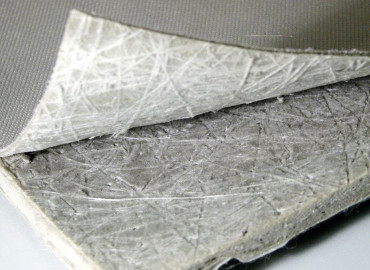Fiberglass Litigation

Fiberglass is a man-made material, constructed from thin, needle-shaped rods of glass.
Over 30,000 commercial products contain fiberglass. For example, fiberglass is used for thermal insulation of industrial and residential buildings; as acoustic insulation; for fireproofing; as a reinforcing material in plastics, cement, and textiles; in automotive components; in gaskets and seals; and in many other products.
The National Cancer Institute determined in 1974 that fiberglass is a potent carcinogen in experimental animals. In 1996, the U.S. government determined that fiberglass is reasonably anticipated to be a carcinogen. As a result, fiberglass made or imported into the U.S. must be labeled a carcinogen. In addition to the potential carcinogenic effect of fiberglass exposure, fiberglass exposure has been linked to other health problems as well. For example, fiberglass exposure through heating and cooling ducts has been linked to respiratory disease and skin ailments.
After it was learned that asbestos was a carcinogen, many manufacturers began substituting fiberglass for asbestos in buildings. Lawsuits alleging damages as a result of fiberglass exposure are, not surprisingly, pled similarly to those alleging injuries due to asbestos exposure. The cases allege that the fiberglass manufacturer either knew or should have known of the dangers associated with the product and failed to adequately warn of the dangers. As the asbestos litigation has caused severe financial difficulties for asbestos manufacturers, it is speculated that fiberglass litigation may have the same effect on fiberglass manufacturers.
Disclaimer: Ross Feller Casey, LLP provides legal advice only after an attorney-client relationship is formed. Our website is an introduction to the firm and does not create a relationship between our attorneys and clients. An attorney-client relationship is formed only after a written agreement is signed by the client and the firm. Because every case is unique, the description of awards and summary of cases successfully handled are not intended to imply or guarantee that same success in other cases. Ross Feller Casey, LLP represents catastrophically injured persons and their families in injury and wrongful death cases, providing legal representation in Pennsylvania and New Jersey.





